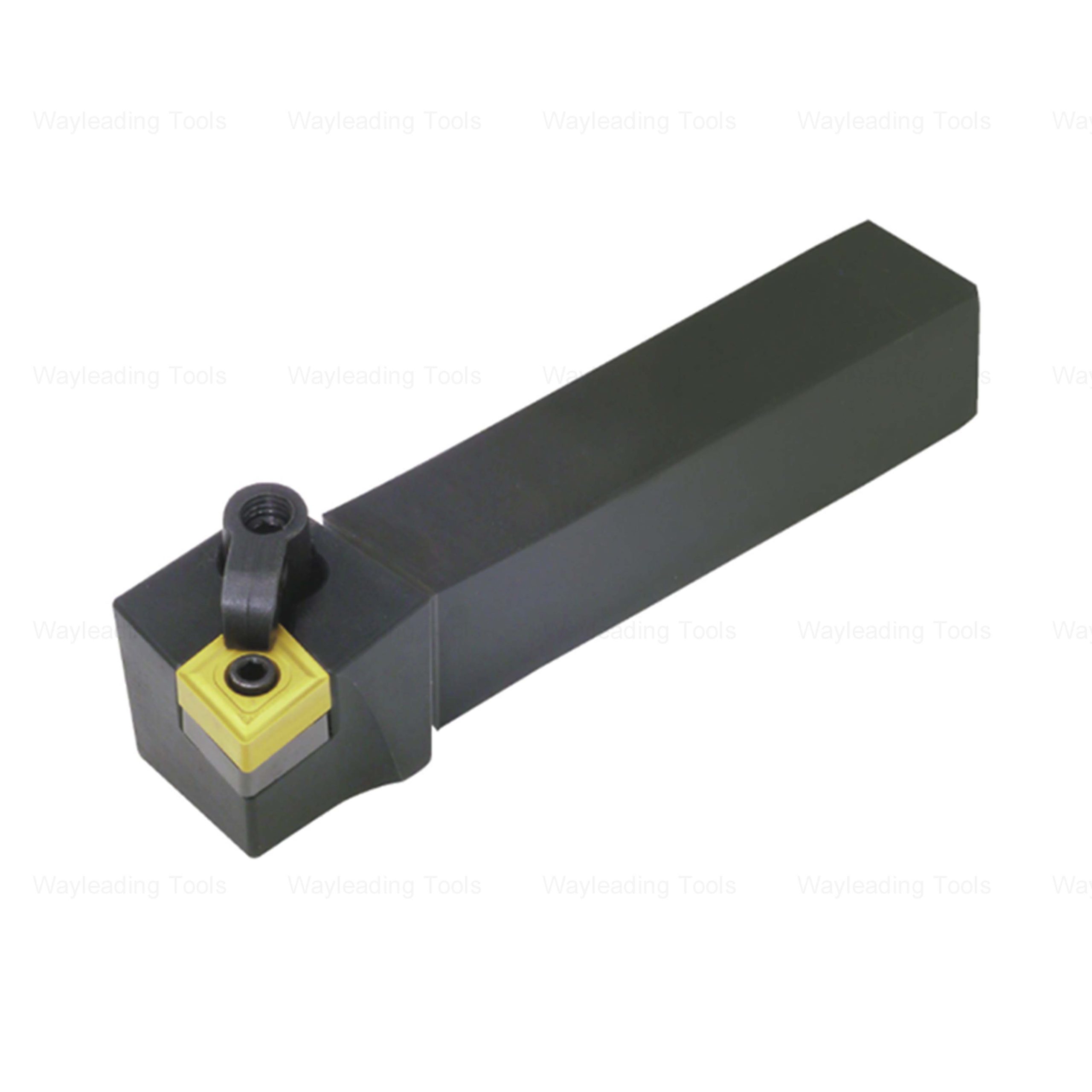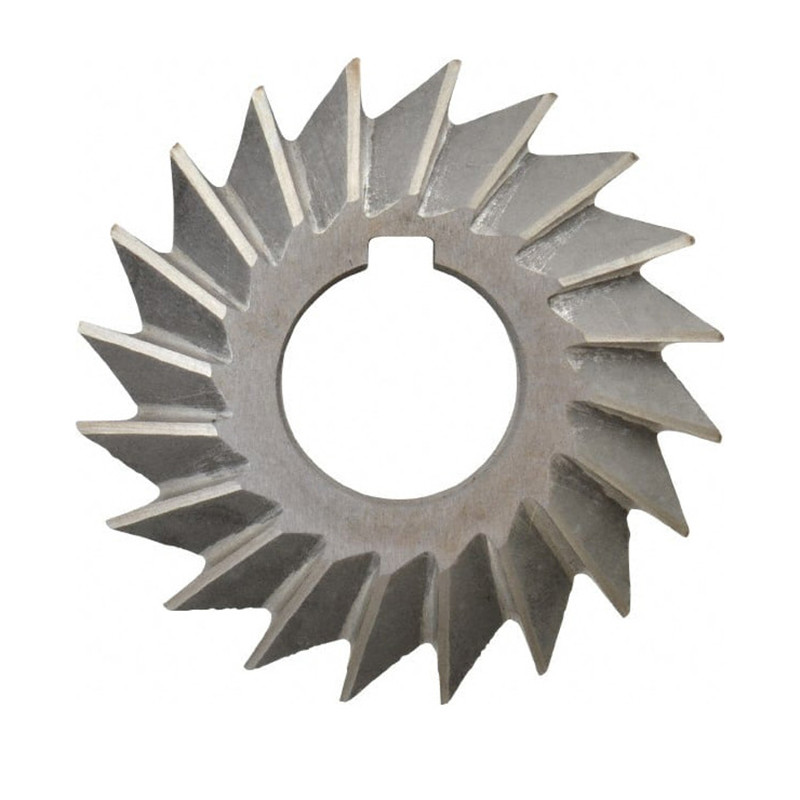milling cutters Supplier
Finding the right milling cutters supplier is crucial for businesses requiring precision cutting tools. This guide explores the key factors to consider when selecting a supplier, including product range, quality control, technical support, and pricing, helping you make an informed decision that meets your specific needs and budget.
Understanding Your Milling Cutter Needs
Before you start searching for a milling cutters supplier, it's essential to define your specific requirements. Consider the following:
- Material to be machined: Different materials (e.g., aluminum, steel, composites) require specific cutter geometries and coatings.
- Type of milling operation: Face milling, end milling, slotting, and other operations demand different cutter designs.
- Machine tool capabilities: Your CNC machine's spindle speed, horsepower, and rigidity will influence the choice of cutters.
- Production volume: High-volume production may require more durable and specialized cutters.
- Required surface finish: The desired surface finish will dictate the cutter's geometry and the number of flutes.
Key Factors to Consider When Choosing a Milling Cutters Supplier
Once you understand your needs, you can evaluate potential milling cutters supplier based on the following criteria:
Product Range and Availability
A good supplier should offer a wide variety of milling cutters, including end mills, face mills, ball nose mills, and specialty cutters. They should also have a readily available inventory to minimize lead times.
Quality and Performance
The quality of the milling cutters directly impacts the efficiency and accuracy of your machining operations. Look for suppliers that use high-quality materials (e.g., carbide, high-speed steel) and employ rigorous quality control processes. Ask for certifications, such as ISO 9001, to ensure consistent quality.
Technical Support and Expertise
A reliable milling cutters supplier should provide excellent technical support to help you select the right cutters for your application, optimize cutting parameters, and troubleshoot any issues. Look for suppliers with experienced application engineers who can offer expert advice.
Pricing and Payment Terms
While price shouldn't be the only factor, it's important to find a supplier that offers competitive pricing. Consider the total cost of ownership, including the cutter's lifespan and performance. Also, inquire about payment terms and potential discounts for bulk orders.
Delivery and Logistics
Ensure that the milling cutters supplier has a reliable delivery system to ensure timely arrival of your orders. Check their shipping options and lead times.
Reputation and References
Check the supplier's reputation by reading online reviews and asking for references from other customers. A reputable supplier will have a track record of providing high-quality products and excellent service.
Types of Milling Cutters
Understanding the different types of milling cutters is essential for selecting the right tool for your application:
End Mills
End mills are versatile cutters used for a wide range of milling operations, including face milling, slotting, and profiling. They come in various shapes, sizes, and flute configurations. Consider the number of flutes and the helix angle based on the material you are machining.
Face Mills
Face mills are designed for machining large, flat surfaces. They typically have multiple inserts that can be easily replaced when worn.
Ball Nose Mills
Ball nose mills have a rounded cutting edge and are used for creating contoured surfaces and 3D shapes.
Thread Mills
Thread mills are used for creating internal and external threads. They offer several advantages over traditional taps and dies, including greater flexibility and reduced tool breakage.
Specialty Cutters
Specialty cutters are designed for specific applications, such as chamfering, countersinking, and engraving.
Finding a Reliable Milling Cutters Supplier: Wayleading Tools
Wayleading Tools is a leading milling cutters supplier committed to providing high-quality cutting tools and exceptional customer service. We offer a comprehensive range of milling cutters, including end mills, face mills, ball nose mills, and specialty cutters, designed to meet the diverse needs of our customers. Our dedication to quality, technical expertise, and competitive pricing makes us a trusted partner for businesses of all sizes. Explore our extensive collection of milling cutters here.
Tips for Optimizing Milling Cutter Performance
To maximize the lifespan and performance of your milling cutters, consider the following tips:
- Use the correct cutting parameters: Refer to the manufacturer's recommendations for spindle speed, feed rate, and depth of cut.
- Use coolant: Coolant helps to reduce heat and friction, extending the life of the cutter.
- Maintain your machine tool: A well-maintained machine tool will ensure accurate and stable cutting.
- Sharpen or replace cutters regularly: Worn cutters can lead to poor surface finish and increased tool breakage.
- Store cutters properly: Store cutters in a dry and clean environment to prevent corrosion and damage.
Common Mistakes to Avoid When Choosing a Milling Cutters Supplier
- Focusing solely on price: Choosing the cheapest supplier can lead to lower quality cutters and increased costs in the long run.
- Ignoring technical support: A supplier that doesn't offer technical support can leave you stranded when you need help.
- Not checking references: Failing to check references can lead to choosing an unreliable supplier.
- Underestimating lead times: Long lead times can disrupt your production schedule.
Comparing Milling Cutter Materials
The material used to manufacture a milling cutter greatly affects its performance and suitability for different applications. Here's a brief comparison:
| Material | Characteristics | Applications | Pros | Cons |
|---|---|---|---|---|
| High-Speed Steel (HSS) | Good toughness, relatively inexpensive | Machining softer materials like aluminum and plastic | Lower cost, good for general purpose machining | Lower hardness and wear resistance compared to carbide |
| Carbide | High hardness, wear resistance, and heat resistance | Machining harder materials like steel, stainless steel, and cast iron | Longer tool life, higher cutting speeds, better surface finish | Higher cost, more brittle than HSS |
| Cobalt HSS | Improved hardness and heat resistance compared to standard HSS | Machining tougher materials than standard HSS, such as stainless steel | Better heat resistance than HSS, longer tool life | More expensive than standard HSS |
Conclusion
Choosing the right milling cutters supplier is a critical decision that can significantly impact the success of your machining operations. By considering the factors outlined in this guide, you can find a supplier that meets your specific needs and helps you achieve your production goals. Remember to prioritize quality, technical support, and a reliable delivery system. Contact Wayleading Tools today to discuss your milling cutters requirements.
Disclaimer: This article provides general information and should not be considered professional advice. Always consult with a qualified expert for specific recommendations.
Related products
Related products
Best selling products
Best selling products-
 F1 Precision Boring Head With Metric & Inch
F1 Precision Boring Head With Metric & Inch -
 Precision Magnetic Base With Fine Adjustment For Dial Indicator
Precision Magnetic Base With Fine Adjustment For Dial Indicator -
 9PCS Broken Tap Extractor Set With Storage Box
9PCS Broken Tap Extractor Set With Storage Box -
 Dial Bore Guage From 6-450mm Range
Dial Bore Guage From 6-450mm Range -
 ISO Metric Hexagon Die With Right Hand
ISO Metric Hexagon Die With Right Hand -
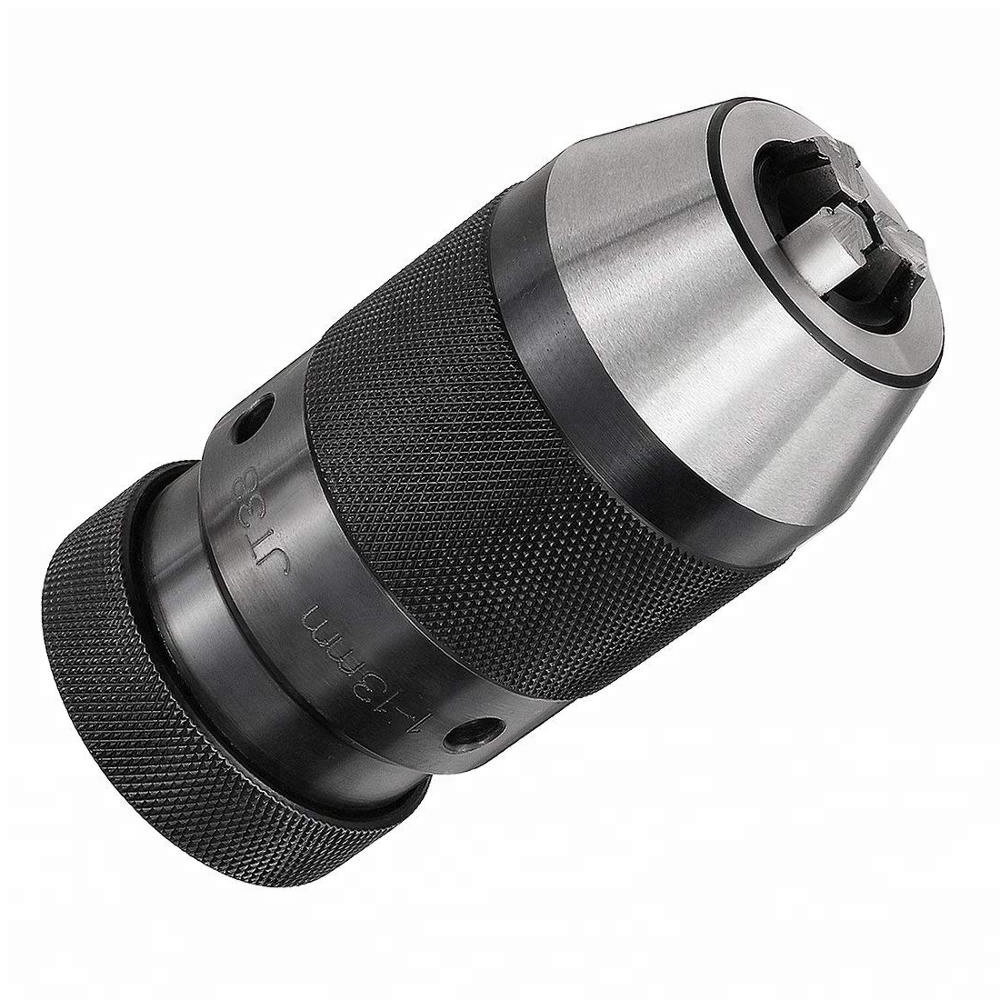 Keyless Drill Chuck With Heavy Duty Type
Keyless Drill Chuck With Heavy Duty Type -
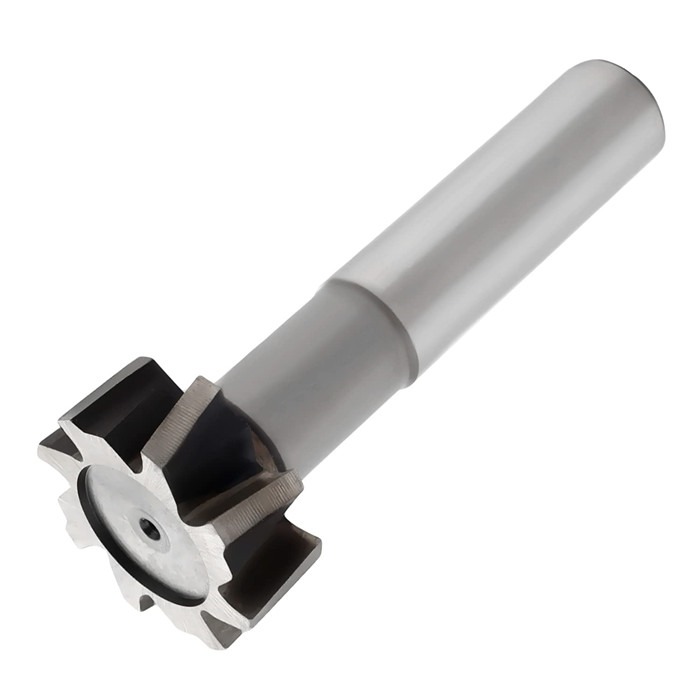 HSS Metric & Inch T Slot End Mill For Industrial
HSS Metric & Inch T Slot End Mill For Industrial -
 CNMG & CNMM Turning Insert For Indexable Turning Tool Holder
CNMG & CNMM Turning Insert For Indexable Turning Tool Holder -
 HSS Metric 4 Flute End Mills With Bright Or TiN And TiAlN Coated
HSS Metric 4 Flute End Mills With Bright Or TiN And TiAlN Coated -
 DIN338 HSS Twist Drill Bit Fully Ground Or TiN Coated
DIN338 HSS Twist Drill Bit Fully Ground Or TiN Coated -
 Type E Oval Tungsten Carbide Rotary Burr
Type E Oval Tungsten Carbide Rotary Burr -
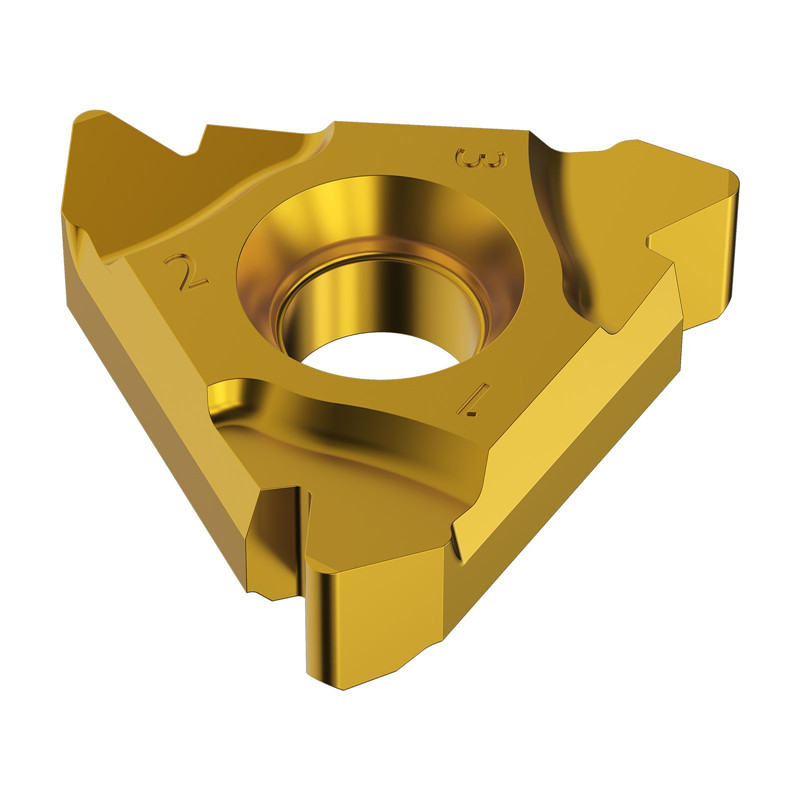 Partial profile 60° Threading Insert With ER & IR Type
Partial profile 60° Threading Insert With ER & IR Type



